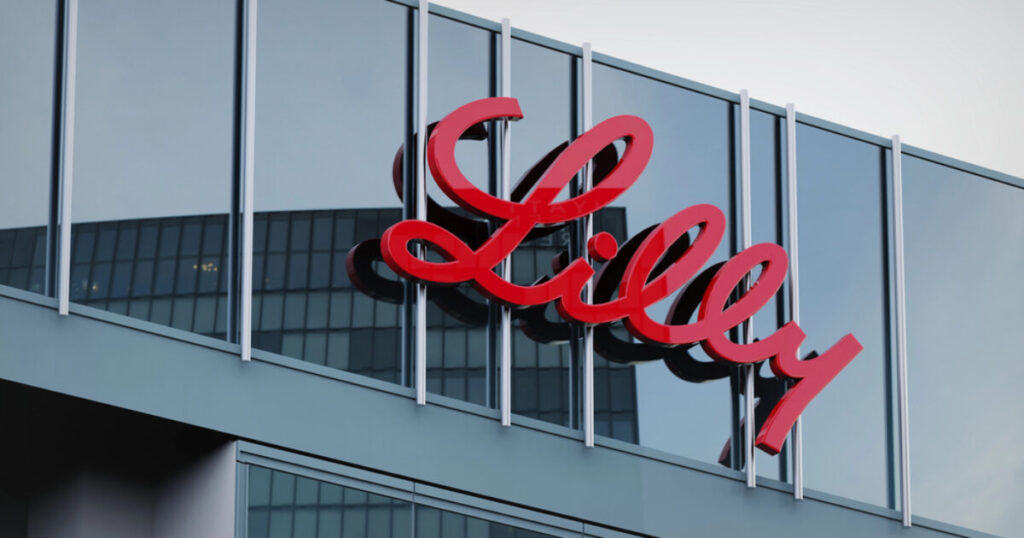Kenosha, Wisconsin, is set to witness a significant economic transformation following a monumental $3 billion investment by pharmaceutical leader Eli Lilly. This development is especially noteworthy as it was announced shortly after a critical meeting held at Mar-a-Lago, attended by President-elect Donald Trump, his Secretary of Health and Human Services nominee Robert F. Kennedy Jr., and prominent executives from major pharmaceutical firms, including Eli Lilly and Pfizer. The gathering, which involved high-ranking officials like Trump’s chief of staff Susie Wiles and representatives from the Pharmaceutical Research and Manufacturers of America (PhRMA), is viewed as a potential pivot in U.S. health policy—a shift towards a more innovation-driven and locally focused pharmaceutical industry. Insiders indicated that key topics discussed included advancements in cancer treatments, mirroring Trump’s ongoing commitment to domestic job creation and revitalizing the pharmaceutical sector.
Eli Lilly’s expansion in Kenosha is receiving accolades, particularly from Trump supporters who interpret it as a direct outcome of the strategic Mar-a-Lago discussions. The investment is not merely about financial growth but represents a broader vision that seeks to revitalize America’s manufacturing landscape, prioritize homegrown jobs, and ensure that the pharmaceutical industry remains competitive on a global scale. The company’s official communication highlighted that the $3 billion investment will not only ramp up production capabilities for injectable medications but will additionally create 750 high-paying jobs in the region, reflecting a commitment to local economic growth.
The scale of the expansion is substantial, expected to generate over 2,000 construction jobs, making it a landmark economic boost for Kenosha County—one of the largest in the area’s history. Eli Lilly’s plans include the enhancement of its Kenosha manufacturing facility, bought earlier this year, thereby extending its global manufacturing reach specifically in the injectable product category. This move is in response to the rising demand for critical medications in managing diabetes and obesity, alongside Lilly’s development pipeline in various therapeutic domains. The commitment reflects Lilly’s broader strategy to invest in and grow its manufacturing capabilities, which has already seen more than $23 billion allocated for expansions and acquisitions since 2020.
The expansion is expected to commence next year, reinforcing Lilly’s dedication to increasing its production capacity for both existing and future medications in the Midwest, further solidifying its presence in Wisconsin—marked by Governor Tony Evers’ enthusiastic support. Evers recognizes southeastern Wisconsin’s flourishing growth and Olivia Lilly’s significant commitment, which complements the region’s emergence as a leader in personalized medicine and biohealth. With over 750 jobs aimed at skilled operators, engineers, and scientists on the horizon, this initiative is poised to enhance the local job market considerably.
Advanced technologies will underpin the expansion, as Eli Lilly plans to implement state-of-the-art automation and robotics to streamline production processes. The factory will leverage these innovations alongside data management systems, thereby increasing efficiency and precision in medicine manufacturing. Profound changes, including the use of guided vehicles and digital automation, are expected to free up employees to concentrate on producing safe and high-quality medicines, thereby advancing both productivity and operational safety in the pharmaceutical sector.
Furthermore, Eli Lilly envisions a collaborative future with local educational institutions, indicating a commitment to fostering talent and enhancing skills within the Wisconsin workforce. By investing in community initiatives and partnerships with colleges, the company aims not only to bolster its manufacturing strength but also to contribute to the academic and professional development of local talents. Ultimately, the investment marks a sustained commitment to not only economic growth but also to setting a progressive agenda for pharmaceutical innovation and community collaboration in Wisconsin, solidifying its status as a burgeoning hub for the biopharmaceutical industry.

